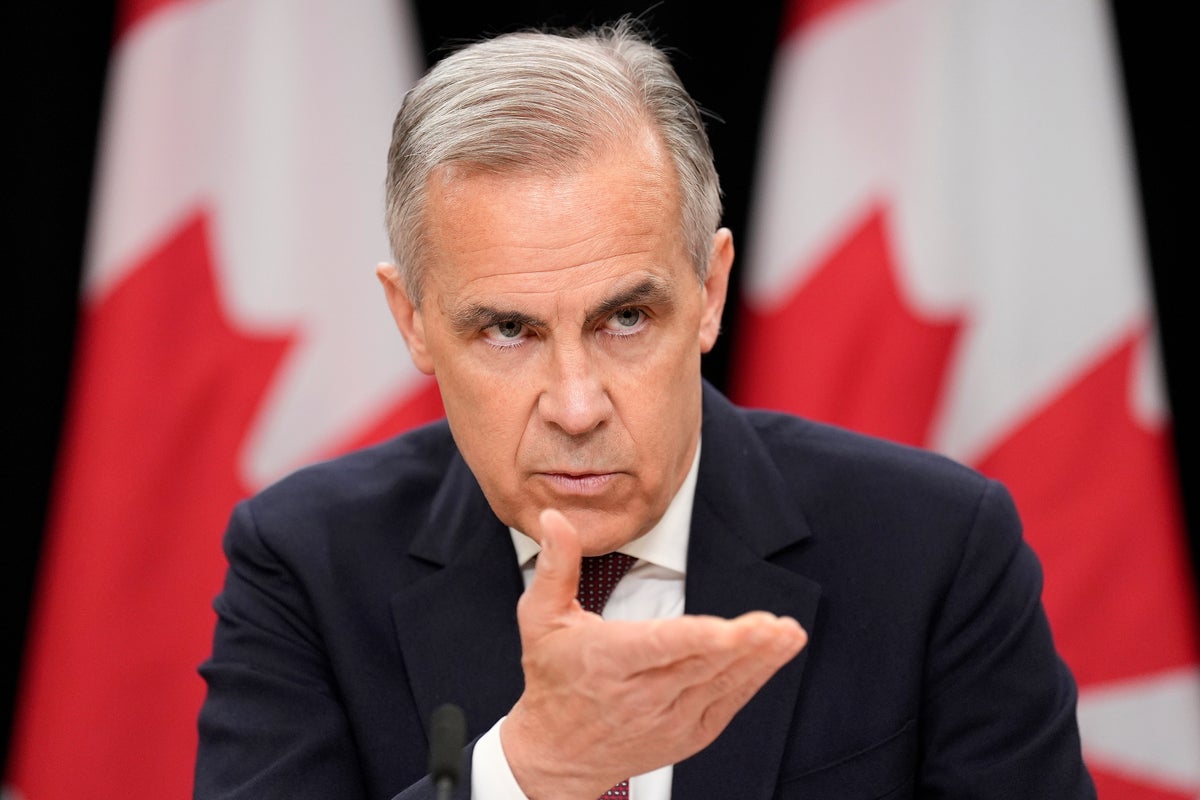ARTICLE AD BOX
The Scripps National Spelling Bee won't be so quick to force spellers into a lightning-round tiebreaker to decide a champion this year, a shift that follows criticism of the abrupt ending to last year's competition.
Scripps has eliminated its requirement that the tiebreaker known as a “spell-off” be used when the bee finals are nearing the end of their two-hour broadcast window and a champion has not been decided. Instead, judges will have more discretion to let the bee play out, even if it runs into overtime.
“We don't have those constraints in place that will force us into a spell-off situation based on time. It takes a lot of pressure off of that moment,” Corrie Loeffler, the bee's executive director, told The Associated Press. “We can keep going with regular competition, rather than saying, ‘It’s 9:50, we're going to a spell-off.'”
Last year, the top two spellers were tossed into the spell-off without even competing head-to-head in the traditional spelling bee format, a move that rankled former champions and other bee aficionados. Bruhat Soma, who said afterward that he practiced the tiebreaker every day for six months, easily defeated Faizan Zaki.
Faizan returns for another crack at the title in this year's bee, which begins May 27.
“Once you reach a certain point in the finals, the drama is really in watching the spellers take on the dictionary word by word,” said Scott Remer, a prolific spelling coach who works with Faizan. “Traditionally, the idea behind the spelling bee has been that you use the information you’re given, you gather the clues, you process the information, you think about the word, and then you take all of that synthesis of information and you provide a spelling. The spell-off obviously tests a different set of skills.”
The spell-off was first used in 2022. Harini Logan beat Vikram Raju during that contest, but only after the pair had a traditional, lengthy duel in which each misspelled four words. Dev Shah didn't need a spell-off to win two years ago, and he was outspoken about the 2024 edition, saying, “I don't think it was a good bee.”
There was no tiebreaker throughout most of the 2010s, and the bee had co-champions in three straight years from 2014-16. Then came the infamous 2019 bee, which ended in an eight-way tie when Scripps ran out of words difficult enough to challenge an unusually strong group of competitors.
The 2020 bee was canceled because of the COVID-19 pandemic, and it returned the next year under new leaders who made it clear they wanted a sole champion.
Another rule change has already proven popular among the spelling community: the return of a written test during the preliminary rounds.
Spellers who spell one word correctly and get one multiple-choice vocabulary question right on stage will then sit for a 40-question written test at the end of the first day. Results of that test will be used to pare the field to about 100 quarterfinalists — and Scripps will also use the test scores to gauge the strength of the remaining spellers and inform the difficulty of words used in subsequent rounds.
Current and former spellers say the written test is a fairer way to move the competition along than doing everything at the microphone during lengthy rounds with wild variations in word difficulty.
“I think having a written test as well as oral rounds allows for a better snapshot of a speller's holistic skills,” Shah said.
During the 2010s, a written test reduced the field to about 50 spellers, making it even higher-stakes. Scripps editorial director Molly Becker believes this version, with a “gentler cut,” strikes the right balance.
“We've heard from spellers that we like the fairness of the test because they're all being examined on the same exact words,” Becker said. “Also, the primary driver for bringing back the test is that the program can continue to grow with the number of spellers.”
___
Ben Nuckols has covered the Scripps National Spelling Bee since 2012. Follow his work here.









 English (US) ·
English (US) ·